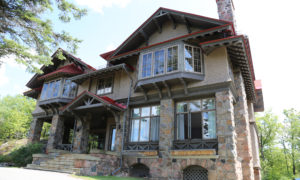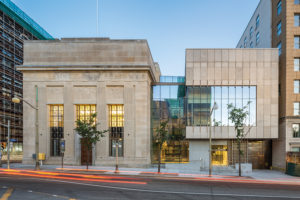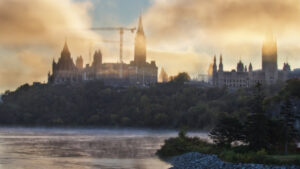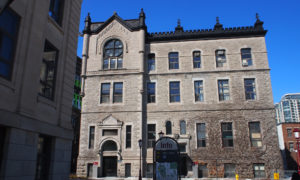Canada’s First Railway Tunnel was completed in 1860 for the Brockville and Ottawa Railway. It was owned by the Canadian Pacific Railway, until being acquired by the City of Brockville in 1983. The City of Brockville retained TRACE architectures and their team of seasoned professionals in Engineering, Landscape, Heritage, Planning, and Public Engagement to prepare Concept Designs for the eventual Phase 2 detailed urban, architectural, and engineering design plans and drawings, for the development of approximately three acres of former railway lands at the north end of the rehabilitated Railway Tunnel.
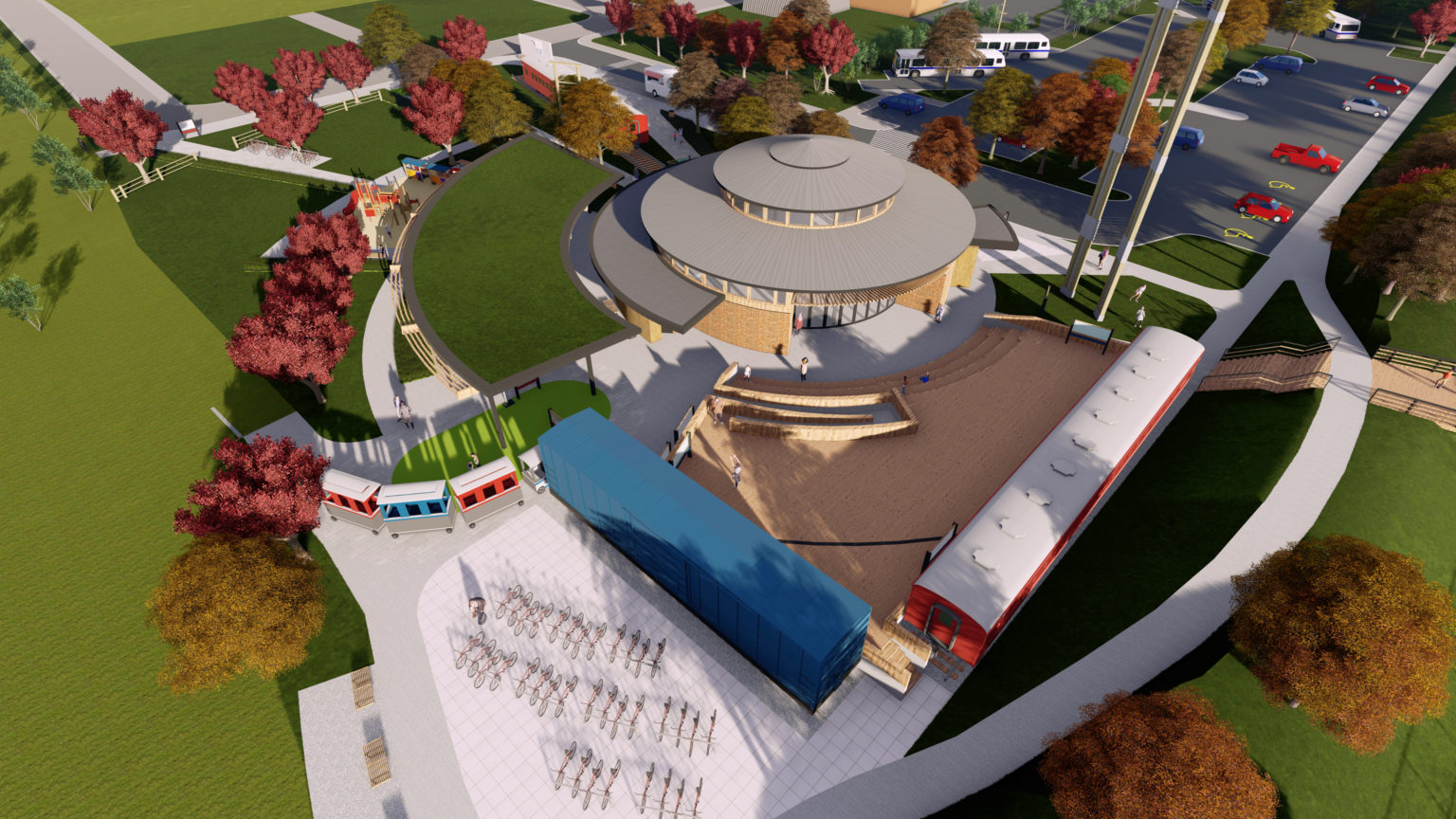
Connecting Places & History
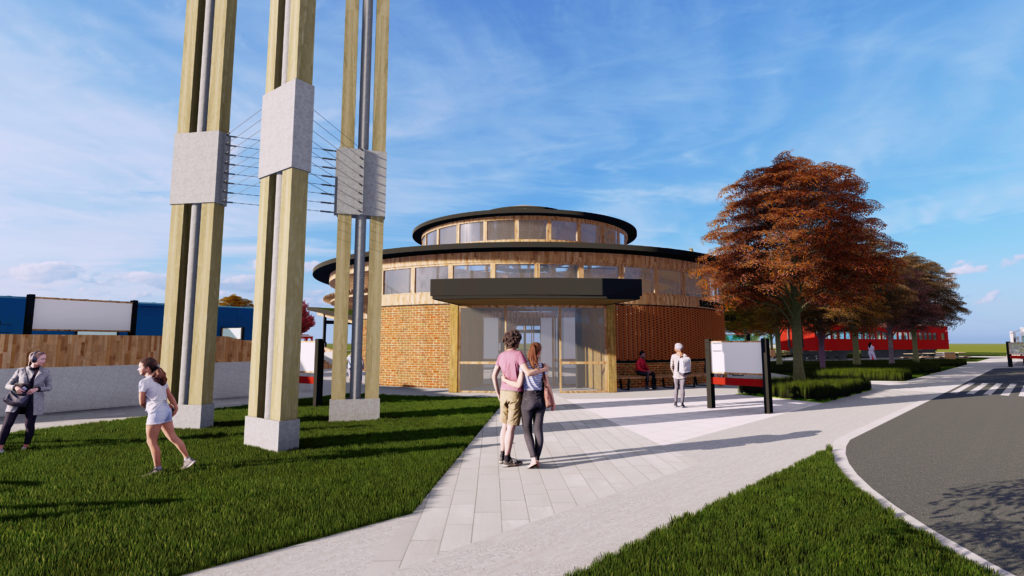
TRACE’s concept provides a multi-purpose facility that honours Brockville’s railway and industrial heritage. Its location is strategically positioned near an original roundhouse. The design proposed the redevelopment of a brownfield site to assume the role of a park and civic space, generating a celebrated gateway to the downtown/waterfront. By making use of the nearby tunnel trolley, pedestrians and cyclists entering the beautiful re-opened Rail Tunnel are brought to the site and its amenities. The proposal included parking for over 65 cars and 8 buses, to discourage the use of vehicles in Brockville’s downtown.
Placemaking in Transit
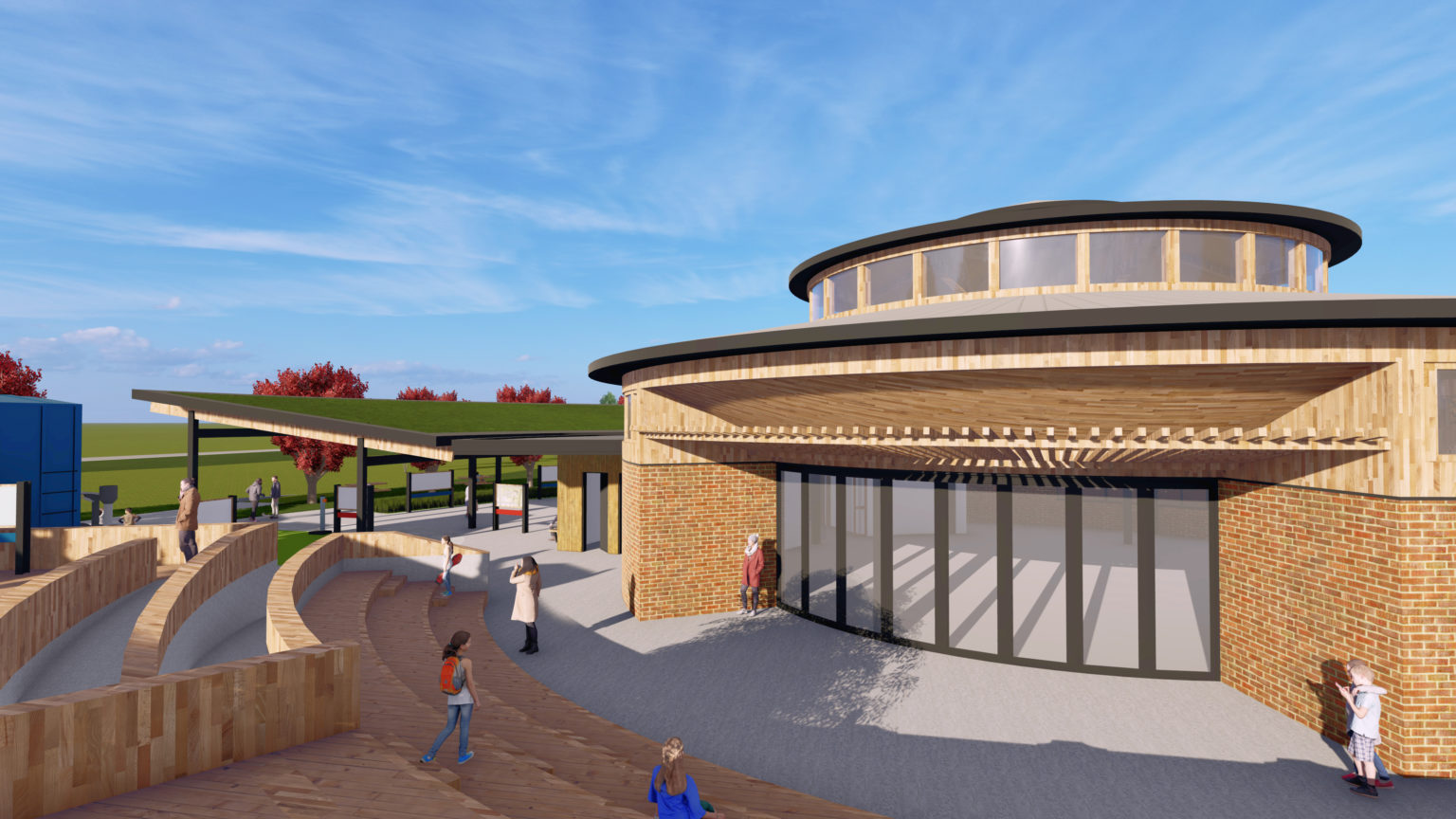
The proposed bright, airy, timber-framed Roundhouse will be the final phased element to be built at the former location of a rail ‘turntable.’ It will provide an income-generating space that can accommodate up to 130 people for weddings, meetings, and civic events. Its related facilities include public restrooms, ticket office, the Canopy shelter, the Platform community engagement space, and the North Portal Park Station for boarding and disembarking the tunnel tram shuttle. All of this will also be supplemented by planned re-purposed box cars and eventually passenger rail cars.
Once open, Brockville’s new Railway Tunnel Park will significantly enhance the already substantial place that the rehabilitated Railway Tunnel holds for the community. It also has the potential to act as new central hub for the city’s Brock Trail recreational pathway. TRACE architectures is proud to be part of this remarkable opportunity to augment Canada’s Pre-Confederation industrial heritage project built on a sense of place, that is specific to the City of Brockville.

